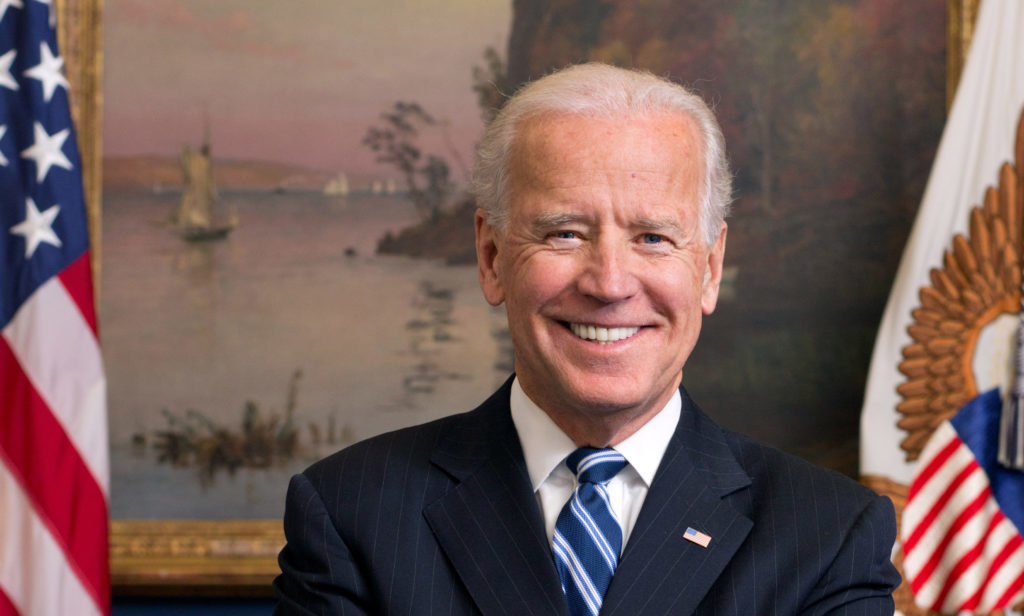Joe Biden nominated for Nobel Peace Prize

A British Labour MP, Chris Bryant, has nominated Joe Biden for this year’s Nobel Peace prize. This nomination stands in sharp contrast to Donald Trump’s nomination for the same prize, because the Vice President has actually done something to qualify for a prize conceived in the name of peace, as opposed to the hate and chaos that has been perpetuated by the, ahem, the president.
“When American cities have been in flames and citizen has been pitched against citizen,” Mr Bryant writes, “Joe [Biden] has been a calming influence to bear. When others have resorted to violent solutions, he has argued that the best force is the force of argument because guns can stop a heart but well-placed words can change many hearts and many hearts can change the world.”
Mr Bryant, who is a member of the Houses of Parliament’s Commons Foreign Affairs Committee and chair of the Standards and Privileges Committee, said Mr Biden deserved to be nominated for his “dedication to argument and political debate during a turbulent time in American politics.”
It goes without saying that Donald Trump is not going to like this news, particularly going into the debates. Trump, who is known for a violent temper that he commonly vents on innocent members of staff whenever he is angry — which is often — will almost certainly drop a whole bomber load of f-bombs on some poor, unsuspecting underling. After all, who better than he to be nominated for a prize that’s all about peace?
Peace Prize nominations can be legitimately tendered by any member of a government or an international court of law, university chancellors, professors of social science, history, philosophy, law and theology. It can also be made by leaders of peace research institutes and institutes of foreign affairs. This year’s prize will be awarded on 9 October and the final decision will be made by a committee in Oslo, Norway.

Robert Harrington is an American expat living in Britain. He is a portrait painter.
